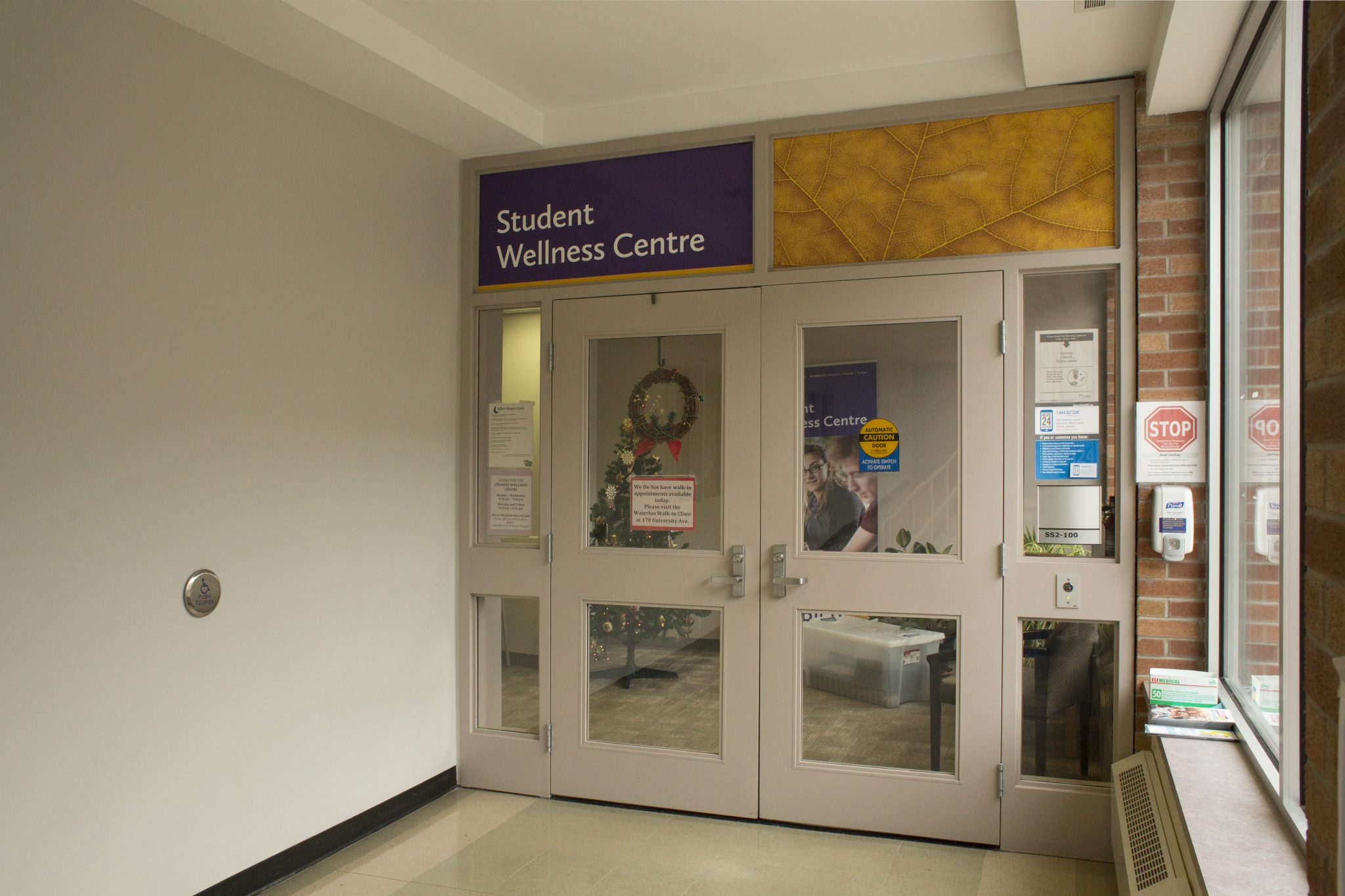New funding given to universities works to alleviate mental health and addictions


New funding has been granted to a local organization that will use it to bolster surrounding universities’ mental health services.
The funding was dispersed by the Local Health Integration Network of Waterloo Wellington (LHIN) to several local organizations, including the Canadian Mental Health Association of Waterloo Wellington (CMHA WW), who will use that funding to continue ongoing mental health programs as well as to start new ones.
The funding is aimed at alleviating mental health problems tied up with opioid use and abuse, which has been a major public health concern in light of increasing overdose rates and the presence of more powerful opiates, like fentanyl, in the illicit drug trade.
“It was given … to be able to support the universities in a targeted way, to be able to support them around addictions, but also mental health issues that are happening on campuses,” Meredith Gardiner, director of services, regional for CMHA WW, said.
“So, just looking at some creative ways to connect with university students and universities,” Gardiner said.
One program that CMHA WW will be supporting with the funds is their crisis help line Here 24/7, which they are seeking to integrate with local post-secondary institutions.
“There was really an awareness-building piece that we had done with the universities, with our organization, with the Local Health Integration Network, to be able to really look at those university students residing in our community and how are we better supporting our campuses for the growing mental health and addiction needs that are happening,” Gardiner said.
“Here 24/7 is this centralized access point for all mental health and addiction services in the LHIN region, which is Waterloo Region and Guelph-Wellington,” Gardiner said.
“We have a really unique community in the sense that we have the University of Guelph, Wilfrid Laurier, the University of Waterloo and Conestoga College all happening. And so those dollars were given to CMHA, specifically to Here 24/7, to be able to support those campuses,” Gardiner said.
“And so, really looking at how do services in our communities, that are funded by the LHIN, become more accessible to university students. As well as how does Here 24/7 better support initiatives and supports that are already happening on campus,” Gardiner said.
Gardiner noted that CMHA WW’s relationship with local post-secondary institutions began last year.
“So we became involved with the University of Guelph back last school year, the last academic year when there were a number of students who had died by suicide who were attending the University of Guelph,” Gardiner said.
“There was really an awareness-building piece that we had done with the universities, with our organization, with the Local Health Integration Network, to be able to really look at those university students residing in our community and how are we better supporting our campuses for the growing mental health and addiction needs that are happening,” Gardiner said.
The funding that the CMHA WW received for this initiative, however, is limited.
“The money for Here 24/7 was one-time money. So it’s just for this academic school year, to be able to look at some innovative and unique projects that we might be able to do with campuses,” Gardiner said.
Gardiner also noted that the collaboration with Wilfrid Laurier University has already begun.
“We have already been having meetings, starting some planning and looking for opportunities that we might best be able to target the additional resources that we have to support what’s already happening on campus … I think there’s some really exciting things that we’re going to have in place for students next semester,” Gardiner said.
“And hopefully out of that, come some innovative ideas that we may look at opportunities for additional funding and seeking those to continue over time,” Gardiner said.

